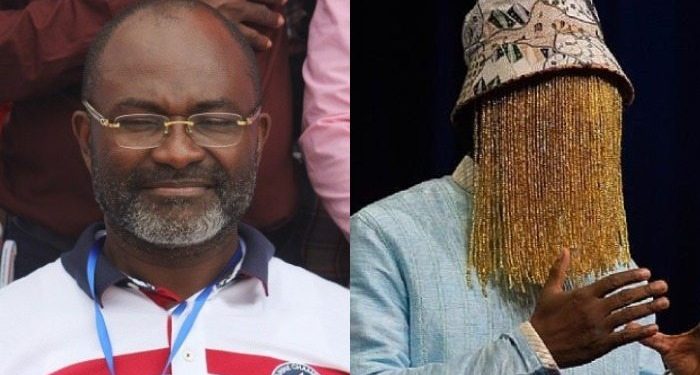2023 Closed Fishing Season Begins On July 1
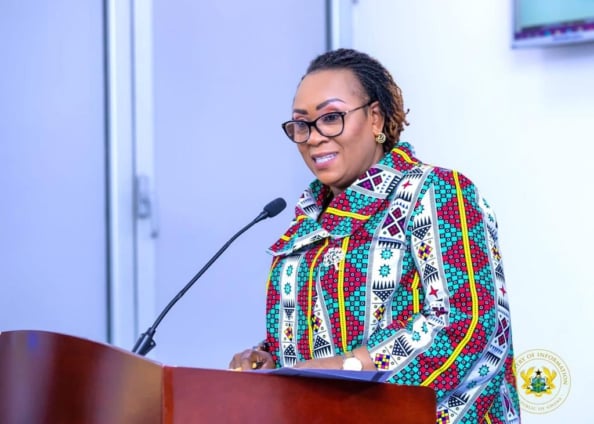
The Minister for Fisheries and Aquaculture, Hon. Mavis Hawa Koomson, has announced July 1 as the commencement date for this year’s closed fishing season.
Canoe and inshore fishers will observe the closed season from July 1 to July 31 whereas industrial trawlers will observe the closed season from July 1 to August 31.
Hon. Koomson said deliberations with stakeholders including leaders of fisheries associations, fishers, academia and Civil Society Organisations in April birthed date.
Implementation
To ensure fishers observe the closed season, an Electronic Monitoring System (EMS) will be deployed on the sea.
The EMS with video recorder, camera and Global Positioning System (GPS) will be deployed on three trawl vessels for the piloting phase to record fishing activities at sea 24/7.
Additionally, she said the Ministry will empower the Fisheries Enforcement Unit to cap any illegal activities.
Mitigation Of Impact
In mitigating the impact of the closed season for fishers who depend on fishing for livelihood, the Ministry said an alternative livelihood training has been launched to train 550 fishers in masonry, carpentry, dressmaking, hairdressing, electronics,auto engineering etc, in selected communities along the coast.
The training will be scaled up to over 8,000 fishers by 2025.
The Essence of Closed Seasons
“It is important that we manage our fishery resources sustainably to promote the well-being of these communities. As we are all aware, the fisheries sector is being threatened by depletion or decline of fish stocks as shown by low catches confirmed by fishers in recent surveys. This decline in catches is as a result of many factors including climate change; marine pollution by plastics; Illegal, Unregulated and Unreported (IUU) fishing; excessive fishing pressure; and overfishing,” she said during a press briefing on Wednesday, June 14.
She added that scientific working groups recommend the implementation of drastic measures including closed seasons to ensure recovery and rebuilding of depleted fish stocks to avoid the collapse of the fisheries industry.
It is meant to help reduce overfishing and high fishing pressure; recover over-exploited fish stock; rebuild depleted fish stocks; and replenish dwindling fish stocks
She said the group recommends the season be observed between July and September to coincide with the spawning period of fish stocks to ensure that the fish spawns at least once in its lifetime before being caught by the fishers.
According to her, the enormous gains from the fishery sector make it imperative for regulations like the closed season to avoid the depletion of fish.
The Fisheries Sector in Ghana
Outlining the essence of the sector, she said it supports the livelihood of 3 million people and contributes to 1.2% of GDP.
Additionally, she said Ghana earned US$250 million from the export of fish and fishery products last year plus per capita consumption of fish is 26kg as compared to the average of 15 kg in the sub-region.
This measure which has been in place since 2016 is backed by Section 84 of the Fisheries Act, 2002 (Act 625).


